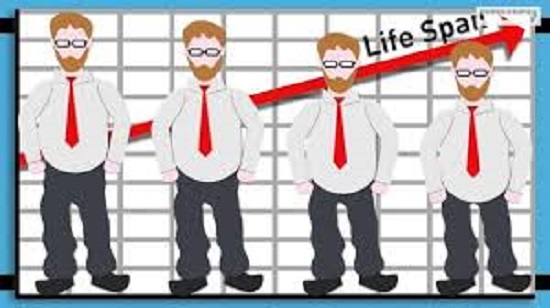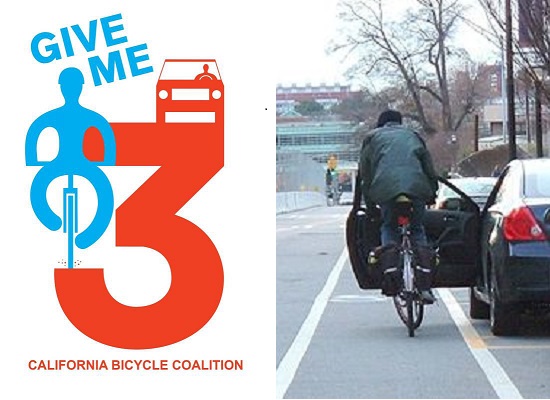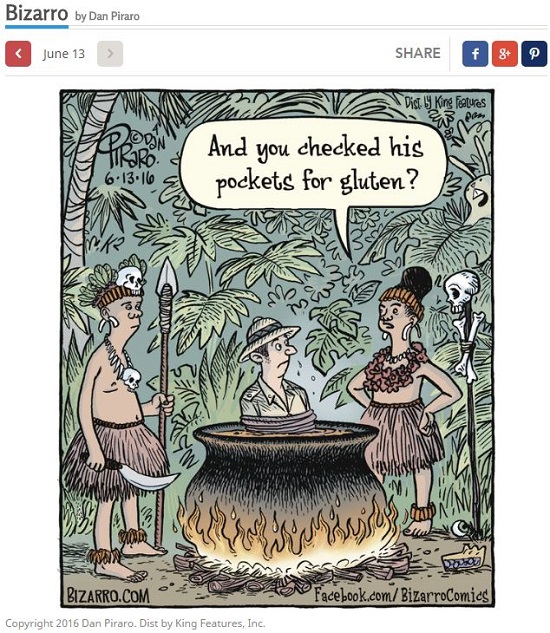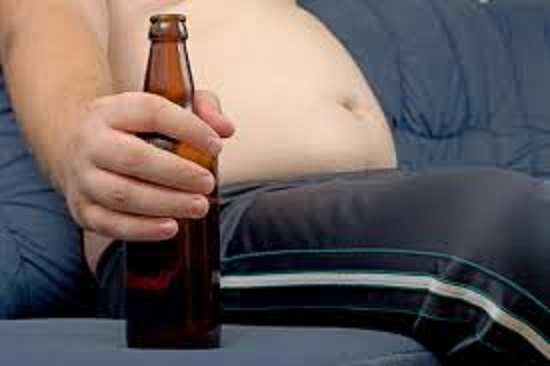
Our highest praise for a book is to say, “I wish I had written a book that good.” This is such a book. You get a lot for your money, because it is so densely filled with both verifiable scientific facts and advice to increase the quantity and quality of one’s own life. An optimistic tone pervades the whole book, though Dr. Carstensen—Founding Director of the Stanford Center on Longevity—spends a whole chapter on “What Might Go Wrong?” She includes an extensive bibliography (called Notes) with numerous ideas—both from her and from others—skillfully woven into the basic fabric. Here are a few. Having more education is the most important factor in ensuring longer lives, and it likely delays the onset of dementia. Bilingual people may have a lower incidence of dementia. Financial problems (which can lower quality of life) in later life can result from the mistaken belief that one needs less money as one ages. Among the most significant health problems as one ages are arthritis, hearing, and obesity, with future obesity levels’ threatening to undo most of the recent advances in health.
Of greatest interest to our TechnologyBloopers persona is our observation that in the few short years between the book’s first copyright in 2009 and today (2016), many technologies have emerged or changed dramatically. Unfortunately, some of them may have progressed so far that older people can be disenfranchised if they don’t know about them, if they don’t know how to use them (even if they ARE user-friendly), or if they don’t have children or grandchildren to show them how. Of course, some of the new Apps (“Applications”, i.e., software programs that run on mobile devices to accomplish certain functions) are far more used by teens than retirees, and may not have value to older people except for the most extreme of passive watchers or gossipers. But developments such as self-driving cars, which are only vaguely hinted about in the book, will allow older folks to avoid being isolated, so will be hugely important in the very near future.








